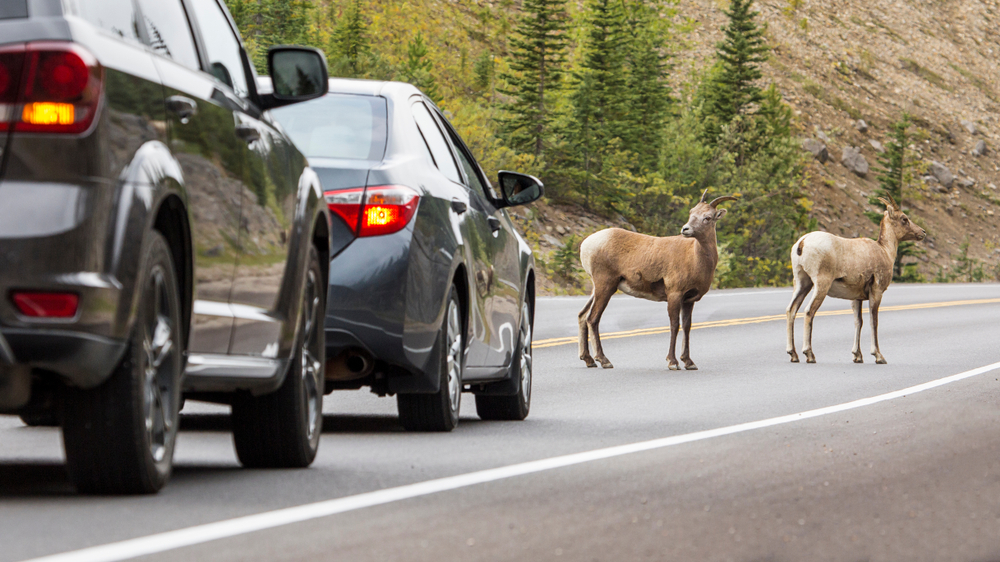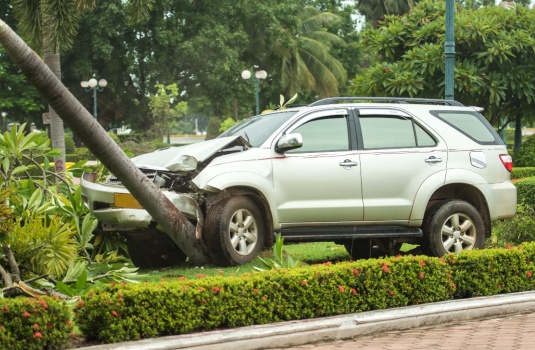
When you drive down the street and get into an accident, or you wake up to find your car was damaged by a fallen tree limb, the terms “comprehensive coverage” and “collision coverage” probably don’t enter your mind. Your first reaction is likely to be something like panic, stress, anger, shock, dismay, etc. After these emotions calm down a bit, you might start thinking about your car insurance policy in general terms and maybe hoping you have what you need to pay for the damages.
When buying your policy, understanding the different types of coverage available will help you decide what kind of car insurance should I get? With the best coverage for your situation, you can rest easy even when the unexpected happens.
Understanding the Basics of Auto Insurance
Most states mandate that you purchase the minimum liability coverage in case you are at fault in an accident. Of course, you never think you will be the one responsible for an accident, but it can happen. Basic liability coverage will help cover another person’s property and injuries if you cause an accident. But what about the cost of your property? What happens if you get injured? Good questions. That’s where added protections really save the day!
The different types of car coverages you can purchase in addition to liability include comprehensive, collision, personal injury protection (PIP), uninsured, and underinsured insurance and more. Talk to an agent about which additional coverages are right for you.
Decoding Comprehensive Insurance
Comprehensive auto insurance is one available type. Most of the time, when we think about damage to our car, we assume it’s from an accident with another vehicle. That may be the typical way that cars get damaged, but it’s not the only way. Consider the times when those severe Georgia storms roll through town. What happens when that large old tree in the yard gets whipped by the storm and a limb falls on your car?
What if a fire breaks out and spreads to your car and causes damage? Comprehensive car insurance comes into play when any of these situations occur.
Maybe you’re thinking about another scenario that could cause substantial damage to your car. Listed below are the things that are covered by comprehensive auto insurance:
-
- Natural disasters, such as a tornado, hail, or a hurricane
- Theft
- Fire
- Damage done to your car by animals
- Falling objects
- Vandalism
- A civil disturbance, such as a riot
If you have a unique situation not listed here, talk to your agent about whether it’s covered by comprehensive or not.
The Ins and Outs of Collision Insurance
Even the best drivers get into an accident now and then. If you are driving in the rain, you could easily hydroplane and run into another car. Possibly, you didn’t see the other car when you were changing lanes. You may have even side-swiped a car trying to merge into the highway. Whatever the case may be, don’t feel too bad; it happens to many people.
Collison auto coverage will be there to make sure you don’t have to worry when the accident is your fault. Other things covered by a collision policy include the following:
-
- You collide with another automobile
- You hit an object other than a car, like a tree
- Your car rolls over
- Your car sustains damage after hitting a pothole

Comparing Comprehensive and Collision Insurance
Collision and comprehensive insurance are similar in that both will pay for repairs to your car. They also both have deductibles, which you pay before coverage kicks in. You can work with your agent about the amount of your deductibles. The higher the deductibles, the less your premium. However, some people don’t have the savings for a higher deductible, so they choose a lower one.
Now, what about the differences between comprehensive and collision? The difference involves the types of things each one covers. Comprehensive covers incidents like theft, vandalism, natural disasters, animal damage, and other repairs that are not the result of you colliding with something. Collision helps cover the cost of repairs if you collide with another vehicle or object.
Determining the Type of Car Insurance That’s Right for You
Most people discover adding comprehensive insurance is a great choice and collision coverage may be essential, too. If you have a loan on a car, you will likely be required to carry both coverages. Let’s break down why you might want to consider having both types of insurance.
There are several reasons you may want to add collision coverage and comprehensive to your policy. You never know when an unexpected accident will happen. Even if you take all the precautions, Mother Nature may visit, someone could steal your vehicle, or you may collide with another car. Whatever the case may be, you should consider the value of your vehicle when making the decision to add coverages. If your car is worth a lot, then repairing or replacing it out of pocket will probably be more than you want to dish out.
You should also think about the area where you live and what you drive. Is there a lot of traffic in this neighborhood? Are there many accidents because it is a high-traffic zone? What is your risk of getting in an accident? Is your vehicle on the list of most stolen? These questions help you determine if you might be more likely or not to get into a wreck or lose your wheels to a thief.
Finally, do you have plenty put away in savings? Will you be able to easily pay for any damages, injuries, and repairs if the unthinkable happens? If you don’t feel comfortable forking out all that cash in the event of an accident or total loss, then it makes sense to add to your policy.